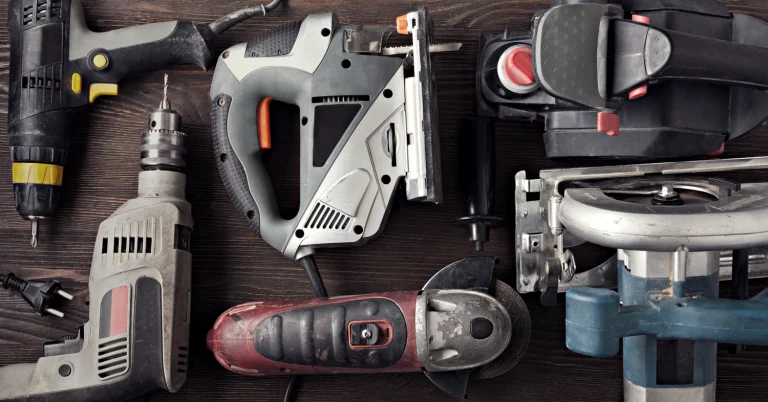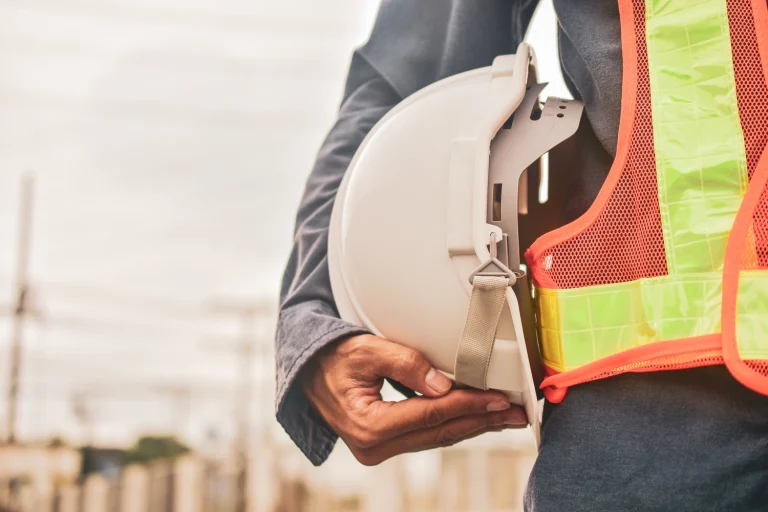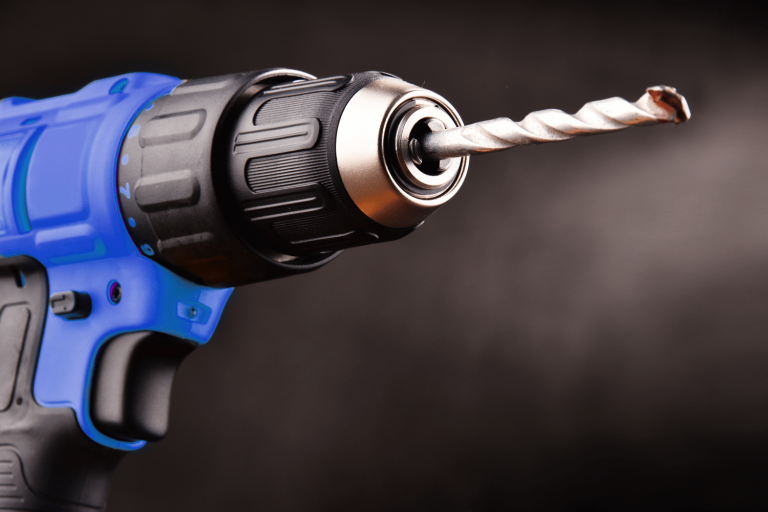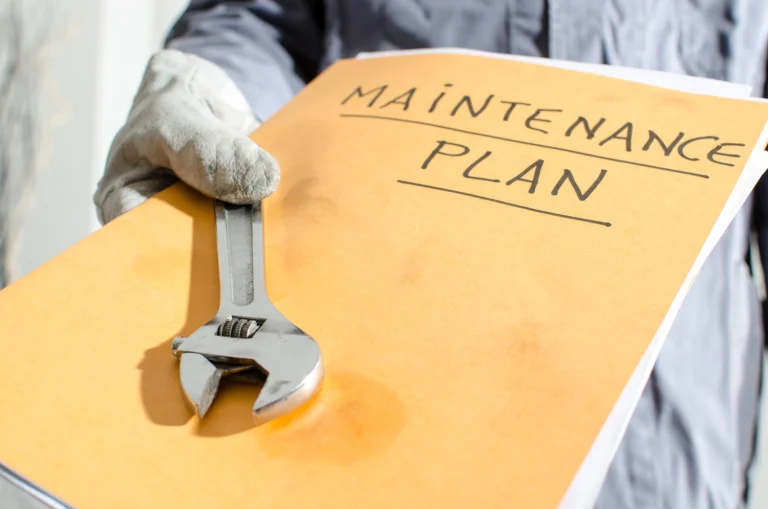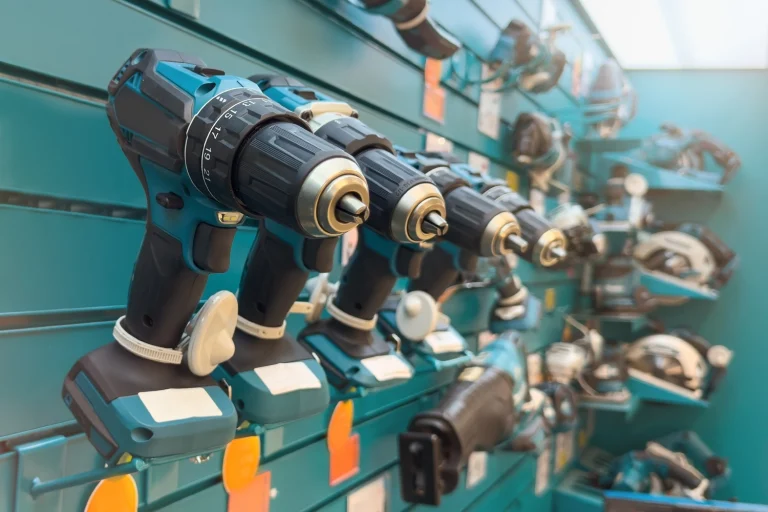The Psychology of Tool Obsession: Why We Love Our Tools
We all have that one tool that we can’t live without. Whether it’s a trusty hammer, a versatile multitool, or a precision drill, our attachment to our tools runs deep. But have you ever wondered why we become so attached to our tools? And how does this psychological attachment impact our DIY projects? In this article, we will explore the psychology behind tool obsession, the reasons why tools become an extension of our identity, and the impact of having the right tools on the outcome of DIY projects.
At TopTierTool, we understand the fascination and love for tools. We are a trusted source for high-quality tools and DIY resources. Whether you’re a seasoned pro or just starting out, we have everything you need to tackle your DIY projects with confidence. Let’s dive into the psychology of tool obsession and discover the profound effects it has on our lives.
The Psychological Reasons Behind Tool Obsession
Tools have a unique way of becoming an extension of our identity. They reflect our personality, values, and expertise. For example, a carpenter may take pride in their collection of specialized woodworking tools, while a mechanic may have a deep attachment to their set of precision wrenches. Our tools symbolize our skills and knowledge, enhancing our sense of self.
Having the right tools can also boost confidence and motivation in DIY projects. When we have the tools we need, we feel empowered to take on any task. The right tool can make a difficult project seem manageable and increase our belief in our own capabilities. This confidence and motivation drive us to achieve better results and push the boundaries of our skills.
An emotional connection often develops between DIY enthusiasts and their tools. We spend countless hours with our tools, relying on them to bring our ideas to life. They become our trusted companions, providing a sense of comfort and familiarity. Just like a musician forms a bond with their instrument, DIY enthusiasts develop a bond with their tools.
Furthermore, tools can also serve as a creative outlet. They enable us to express ourselves through our DIY projects. Whether it’s building furniture, fixing a car, or crafting artwork, our tools become the instruments that bring our creative visions into reality. This creative expression adds another layer of psychological attachment to our tools.
The psychological attachment to tools is quite profound among DIY enthusiasts, as they provide companionship, comfort, and emotional support, contributing to a sense of pride, accomplishment, and inspiration.
How Tools Become an Extension of Our Identity
Tools have the power to symbolize expertise and skill, elevating our sense of self. For example, a professional chef may have a collection of high-quality knives that represent their culinary mastery. Tools become more than just objects; they become a part of our identity.
It is not uncommon for people to assign deep meaning or human qualities to their possessions, including tools. This behavior, known as anthropomorphizing, is a normal psychological phenomenon. However, it can contribute to hoarding in vulnerable individuals. It’s important to strike a balance between appreciating our tools and avoiding excessive accumulation.
Anthropomorphizing tools can be a way for individuals to compensate for insecure relationships with others. For those who struggle with attachment, tools can serve as a substitute for human connection. This emotional reliance on tools can provide a sense of solace and comfort in times of loneliness or insecurity.
Additionally, tools can also become a symbol of status and achievement. Owning high-quality, specialized tools can signal expertise and professionalism in a particular field. This can be especially important for individuals who rely on their skills and tools for their livelihood. Tools become a badge of honor, representing years of dedication and hard work.
The Impact of Having the Right Tools on DIY Projects
Having the right tools is crucial for the success of DIY projects. The quality and efficiency of our projects are greatly influenced by the tools we use. When we have the right tools, we can work with precision, accuracy, and ease. On the other hand, using inadequate or improper tools can hinder progress and lead to frustration.
The right tools also increase the chances of achieving the desired outcomes in our projects. For example, using the appropriate saw for a woodworking project ensures clean and precise cuts. When we have the right tools at our disposal, we can achieve professional-level results in our DIY endeavors.
Moreover, using the right tools improves the overall experience of DIY projects. When we have the tools we need, we feel prepared and capable. This boosts our confidence, motivation, and enjoyment throughout the project. The right tools enhance the psychological benefits of engaging in DIY, making it a fulfilling and rewarding experience.
Here are some specific ways in which having the right tools can impact our DIY projects:
- Efficiency: The right tools allow us to work more efficiently, saving time and effort.
- Precision: Proper tools enable us to achieve precise measurements and cuts, resulting in professional-looking results.
- Quality: Using high-quality tools ensures that our projects are built to last and withstand daily use.
- Safety: Having the right tools for the job promotes safety and reduces the risk of accidents or injuries.
- Versatility: Having a diverse range of tools expands our possibilities and allows us to tackle a wider variety of projects.
The impact of tools on DIY projects can’t be overstated; they not only enhance the quality and efficiency of the project but also increase the chances of achieving desired outcomes.
The Emotional Connection Between DIY Enthusiasts and Their Tools
Tools provide more than just functionality to DIY enthusiasts; they also offer companionship and comfort. We develop a sentimental attachment to our tools, as they become a part of our journey. They hold memories of past projects, successes, and challenges. Each tool tells a story and carries with it a sense of nostalgia.
For some individuals, tools can even serve as a substitute for insecure relationships with others. They provide a sense of stability and reliability that may be lacking in interpersonal connections. Tools become a source of emotional support, offering comfort and a sense of belonging.
Additionally, physical contact with our tools can evoke a deep emotional response. Just like a musician feels a connection when they hold their instrument, DIY enthusiasts feel a connection when they hold their favorite tool. This physical contact imbues the tool with our essence and strengthens our emotional bond with it.
Moreover, tools can also evoke a sense of pride and accomplishment. Seeing our tools laid out in an organized manner or hung on a pegboard can give us a sense of achievement. It represents our commitment to our craft and our dedication to our DIY projects. This visual display of our tools can also serve as a source of inspiration and motivation.
The psychological attachment to tools is quite profound among DIY enthusiasts, as they provide companionship, comfort, and emotional support, contributing to a sense of pride, accomplishment, and inspiration.
The Role of Tools in Boosting Confidence and Motivation in DIY Projects
Using tools instills confidence in DIY enthusiasts. When we have the right tools and know how to use them effectively, we feel capable and empowered. This confidence translates into better performance and more ambitious projects. Tools become the catalyst for personal growth and self-belief.
Furthermore, tools can provide motivation and inspiration during DIY projects. The sight of our well-organized tool collection or the sound of a power tool can ignite our creativity and drive. Tools serve as a reminder of the possibilities and potential that lie within our reach. They fuel our passion and push us to explore new horizons.
The right tools enhance the psychological benefits of engaging in DIY projects. They amplify the sense of achievement, satisfaction, and pride that comes with completing a project. Having the right tools ensures that we can fully immerse ourselves in the process, tapping into the therapeutic and fulfilling aspects of DIY.
Here are some ways in which tools boost confidence and motivation in DIY projects:
- Empowerment: Having the right tools makes us feel empowered to take on any project, no matter the complexity.
- Belief in Capabilities: The use of proper tools increases our belief in our own capabilities and skills.
- Problem Solving: Tools enable us to tackle challenges and solve problems creatively, boosting our problem-solving skills.
- Progress Tracking: Tools can serve as visual markers of our progress, motivating us to continue and reach our goals.
- Creativity: Using tools sparks our creativity and allows us to express ourselves through our DIY projects.
The impact of tools on DIY projects can’t be overstated; they not only enhance the quality and efficiency of the project but also increase the chances of achieving desired outcomes.
Striking a Balance: Practicality vs. Tool Obsession in DIY Projects
While tools play a vital role in DIY projects, it’s important to strike a balance between tool obsession and practicality. Being overly obsessed with tools can lead to neglecting practical considerations and resourcefulness. It’s essential to prioritize the efficient use of resources and avoid excessive accumulation of tools.
Practicality is a key factor in successful DIY projects. While having a wide range of tools can be enticing, it’s crucial to focus on the essential tools needed for the task at hand. This ensures efficiency, minimizes clutter, and maximizes the functionality of our tools.
Striking a balance between practicality and tool obsession involves being mindful of our needs and avoiding unnecessary purchases. Consider the following tips:
- Assess Your Needs: Before purchasing a new tool, evaluate if it is necessary for your current and future projects.
- Research and Plan: Take the time to research and plan your projects to determine the tools that will be most useful.
- Borrow or Rent: For specialized or infrequently used tools, consider borrowing or renting rather than buying.
- Invest in Quality: Instead of accumulating a large number of low-quality tools, invest in high-quality tools that will last longer and perform better.
- Organize and Maintain: Properly organize and maintain your tools to ensure easy access and prolong their lifespan.
Finding the right balance between tool obsession and practicality is crucial for successful DIY projects. It allows us to fully leverage the power of our tools while maintaining a streamlined and efficient approach. By cultivating a sense of mindfulness and purposefulness in our tool usage, we can achieve remarkable results in our DIY endeavors.
Conclusion: Embrace Your Tool Obsession and Explore with TopTierTool
Our attachment to tools is a testament to the profound impact they have on our lives and DIY projects. Tools become an extension of our identity, boost our confidence and motivation, and provide an emotional connection. At TopTierTool, we understand and share your passion for tools and DIY.
As a reliable source for high-quality tools and resources, TopTierTool is here to support you on your DIY journey. Whether you need a specific tool, expert advice, or project inspiration, we have you covered. Embrace your tool obsession and explore the world of tools with us. Visit our website at https://toptiertool.com/ for more information and to discover our wide range of products.
Remember, the right tools can turn ordinary DIY projects into extraordinary achievements. Let’s unleash the full potential of our tools and create something remarkable together.
The impact of tools on DIY projects can’t be overstated; they not only enhance the quality and efficiency of the project but also increase the chances of achieving desired outcomes.
The psychological attachment to tools is quite profound among DIY enthusiasts, as they provide companionship, comfort, and emotional support, contributing to a sense of pride, accomplishment, and inspiration.


